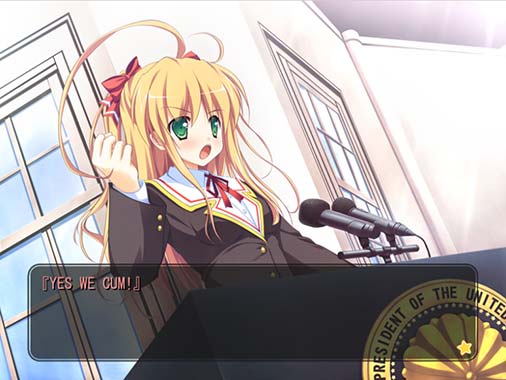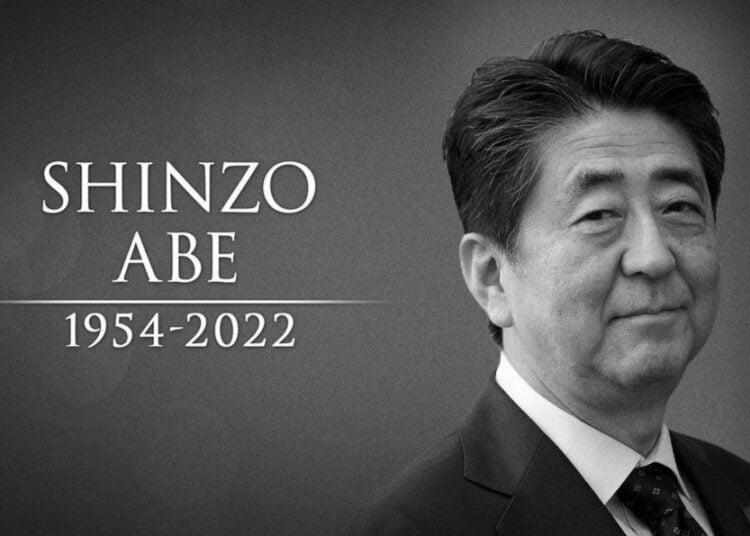J-List has a popular Facebook page as well as a Twitter feed, and I sometimes like to throw out questions to my readers and get their feedback. One user asked, “Do Japanese avoid topics like religion or politics when talking with friends?” which I thought I’d write about here. Naturally, there is an unwritten list of “taboo” topics that Japanese will avoid in social situations. Politics is one, and it’s rare that a discussion about a person’s affiliation with one political party or another will take place, though in the weeks before an election these rules are relaxed somewhat. The Japanese nearly never discuss a person’s religion, considering it to be a violation of privacy, and you generally have to know someone very well before you discover if there’s a Christian or a member of such-and-such sect of Buddhism. (An exception might be members of Soka Gakkai, a modern group formerly affiliate with the Nichiren Buddhist School that can be considered an “evangelical” Buddhist religion, always eager to recruit new members.) Asking whether a person is of mixed ethnicity is also rarely done, unless the person is obviously haafu (half-Japanese, half-Western, like my kids). While commenting on a person’s weight gain is a pretty major taboo in the U.S., the Japanese don’t share this view, and will often make good-natured but indelicate statements about my weight when I see them.

It’s rare for politics or religeon to be openly discussed in Japan.















